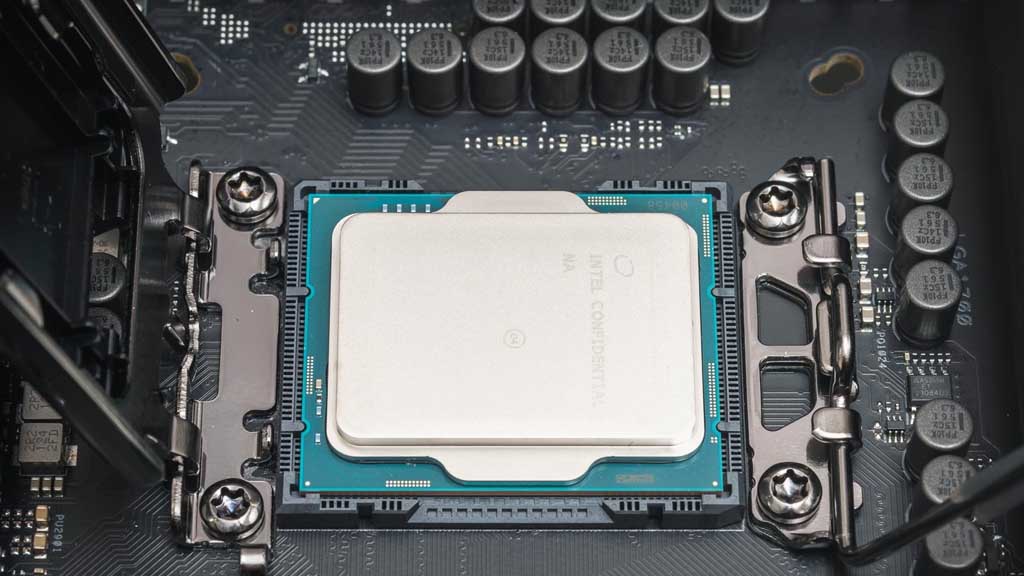Huawei’s Ascendance Amidst Nvidia’s Challenges
In a significant shift within China’s booming artificial intelligence sector, domestic firms are increasingly turning their attention towards Huawei’s homegrown AI chips, making them the preferred choice over alternatives from US giant Nvidia. This strategic pivot comes as Nvidia’s specially designed H20 chip, intended for the Chinese market, is being viewed with caution by companies.
Why Nvidia’s H20 is Deemed “Risky”
The move away from Nvidia’s H20, a modified version of its powerful data center GPUs, highlights growing concerns among Chinese tech players. The H20 was developed by Nvidia to comply with strict US export controls aimed at limiting China’s access to advanced AI semiconductors. However, despite being tailored for the Chinese market, these chips are perceived as a less stable and potentially less powerful option compared to full-spec alternatives.
Firms are reportedly wary of the long-term reliability and performance consistency of the H20, given the ongoing geopolitical tensions and the possibility of further restrictions or evolving US policies. This uncertainty makes investing heavily in Nvidia’s compliant chips a riskier proposition for businesses relying on high-performance AI infrastructure.
The Appeal of Huawei’s Domestic Solution
Against this backdrop, Huawei’s Ascend series of AI chips, particularly the Ascend 910B, is gaining substantial traction. These chips offer Chinese companies a domestic, reliable, and readily available alternative. The push for self-sufficiency in critical technologies, including semiconductors, has been a major strategic goal for China, and Huawei’s advancements align perfectly with this ambition.
For Chinese firms, opting for Huawei’s AI chips means a more secure supply chain, reduced exposure to external geopolitical risks, and the ability to contribute to the growth of a robust domestic ecosystem. This provides a sense of stability that is currently lacking with foreign-supplied advanced chips.
Broader Implications for the Tech Landscape
This trend underscores China’s determined efforts to build its own independent technological capabilities, particularly in the crucial field of artificial intelligence. As more companies prioritize national champions like Huawei for their core AI infrastructure, it could reshape the competitive landscape for AI chipmakers globally, further solidifying China’s drive for technological independence.






